The Australian Indigenous HealthInfoNet‘s Advisory Board convened for the first time on 18 September 2008. The purpose of the Advisory Board is to provide expert strategic advice to the Director and Executive Group of the HealthInfoNet to assist in optomising the HealthInfoNet‘s contributions to “closing the gap” between the health of Indigenous and other Australians.The Advisory Board’s inaugural meeting focused on the history, objectives, and funding directions of the HealthInfoNet.
The Advisory Board is constituted of the following members:
- Mick Adams, Chair of the National Aboriginal Community Controlled Health Organisation (NACCHO)
- Ian Anderson, Director of Onemda VicHealth Koori Health Unit and the Centre for Health and Society, Deputy Head of the School of Population Health at the University of Melbourne, Research Director of the Cooperative Research Centre for Aboriginal Health, and National Chairperson of teh National Indigenous Health Equality Council
- Jenny Brands, Research and Development Manager of the Cooperative Research Centre for Aboriginal Health (CRCAH)
- Jonathan Carapetis, Director of Menzies School of Health Research
- Mick Gooda, CEO of the Cooperative Research Centre for Aboriginal Health (CRCAH)
- Sally Goold, current Chair and founder of the Congress of Aboriginal and Torres Strait Islander Nurses (CATSIN)
- Tamara Mackean, President of the Australian Indigenous Doctors’ Association (AIDA)
- Kathy Malera Bandjalan, Editor of the Aboriginal and Islander Health Worker Journal (AIHWJ)
- Ian Ring, Professor of Public Heath and Professorial Fellow-Academic Development, Centre for Health Services Development, University of Wollongong, NSW
- Cindy Shannon, Director of the Centre for Indigenous Health at the University of Queensland
- Ted Wilkes, Associate Professor, National Drug Research Institute at Curtin University of Technology, WA
- Ken Wyatt, Director of Office of Aboriginal Health, Health Department of Western Australia
- Representatives from the Commonwealth Department of Health and Ageing, Lynne Mitchell and Eve Cordeiro
The next meeting of the Board will occur in early 2009.
 An important new publication – ‘Indigenous identity in contemporary psychology: dilemmas, developments, directions’ – was launched at the Centre for Aboriginal Studies of Curtin University in Perth, Western Australia on 30 April.
An important new publication – ‘Indigenous identity in contemporary psychology: dilemmas, developments, directions’ – was launched at the Centre for Aboriginal Studies of Curtin University in Perth, Western Australia on 30 April. 

